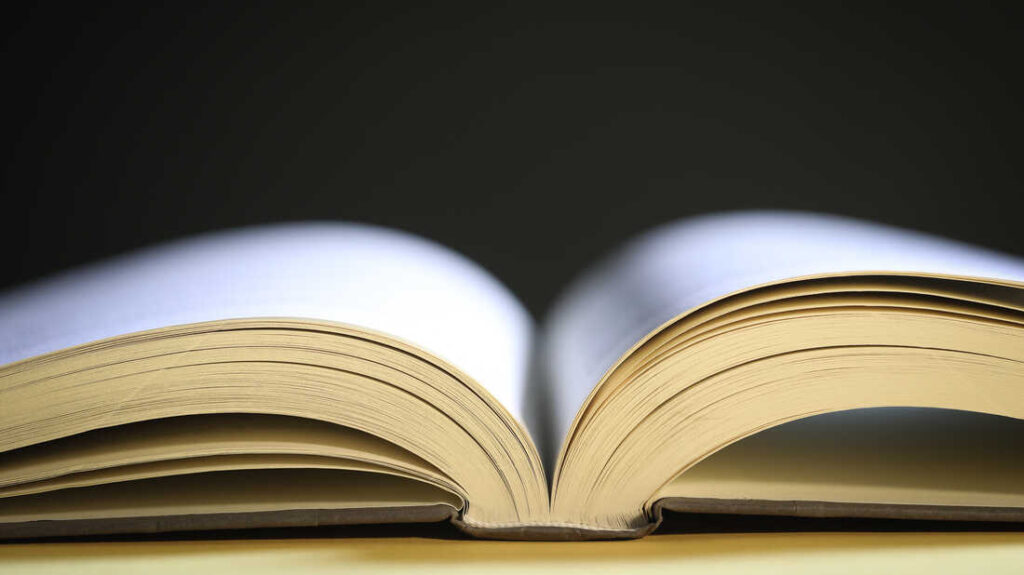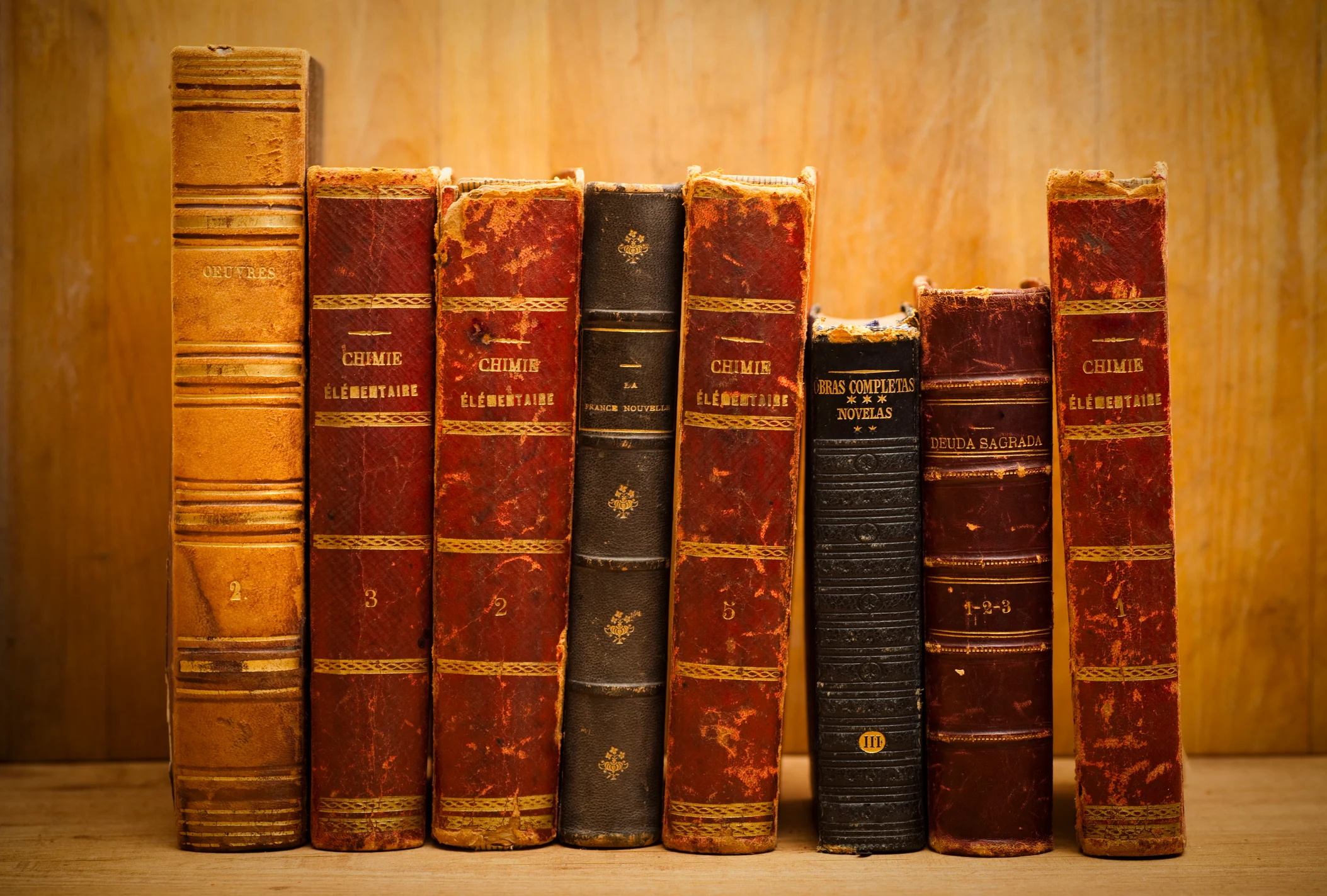In a world dominated by digital media, the allure of rare books remains undiminished. These literary treasures, with their fascinating histories and unique qualities, captivate the hearts of collectors, historians, and book enthusiasts alike. Rare books offer a glimpse into the past, connecting us with the thoughts, stories, and ideas of generations long gone. This article delves into the world of rare books, exploring their definition, characteristics, collecting strategies, preservation techniques, valuation methods, and the impact of digitalization. Join us on this journey to unravel the secrets held within the pages of these precious artifacts.
Rare books hold a special place in the realm of literature and knowledge. They are much more than just old books; they are gateways to history, culture, and imagination. The allure of rare books lies in their scarcity, historical value, and collectability. Each rare book possesses a story of its own, waiting to be discovered and appreciated by those who seek the tangible beauty of printed words.
Definition and Characteristics of Rare Books
Defining a rare book can be a subjective task, influenced by various factors. Generally, rarity is determined by factors such as age, scarcity, significance, and condition. First editions, limited editions, and books that were printed in small quantities are often considered rare. The condition of a book also plays a crucial role in determining its rarity. Uniqueness, provenance, and association with notable individuals or events can further enhance a book’s desirability and value.
Collecting Rare Books
Building a collection of rare books requires knowledge, dedication, and a discerning eye. To start, aspiring collectors should delve into the world of bibliophiles, studying different genres, authors, and historical periods. Identifying valuable books can be challenging, but resources such as bibliographies, catalogs, and online platforms dedicated to rare books can be invaluable. It’s also important to establish a budget and determine the scope of the collection, whether it focuses on a specific theme, author, or period.
Preservation and Conservation
Preserving the integrity of rare books is essential to ensure their longevity. Proper handling and storage techniques are vital to prevent damage from factors such as light, humidity, and pests. Ideally, rare books should be kept in a controlled environment with stable temperature and humidity levels. Conservation professionals can provide expert advice and perform necessary repairs and treatments to maintain the physical condition of rare books.
Valuing Rare Books
Valuing rare books is a complex process that requires a combination of expertise, research, and market knowledge. Factors such as rarity, condition, demand, and provenance influence a book’s value. Appraisals conducted by knowledgeable experts can provide an estimate of a book’s worth, taking into account its unique characteristics and historical significance. Market trends and collector demand also play a role in determining the value of rare books.
Famous Rare Books and their Significance

Throughout history, several rare books have achieved legendary status due to their cultural and historical significance. From the Gutenberg Bible to Shakespeare’s First Folio, these books have left an indelible mark on the literary landscape. They offer insights into pivotal moments in history, literary genius, and the evolution of ideas. The study and appreciation of these iconic works allow us to connect with the past and better understand the present.
Rare Books in the Digital Age
The advent of the digital age has raised questions about the preservation and accessibility of rare books. While digitization projects have made it possible to access rare books remotely, they also present challenges. Balancing preservation needs with the demand for wider accessibility is a delicate task. Efforts are being made to strike a harmonious balance between preserving the physicality and authenticity of rare books and making their contents available to a broader audience.
Rare Book Dealers and Auctions
Rare book dealers and auction houses play a crucial role in the world of rare books. They serve as intermediaries, connecting buyers and sellers, and provide valuable expertise in assessing the quality and value of rare books. When dealing with dealers and participating in auctions, it’s essential to research their reputation and credentials to ensure a trustworthy transaction.
Tips for Buying and Selling Rare Books
Whether you are buying or selling a rare book, several tips can help you navigate the process successfully. Thorough research is essential to understand the market value of the book you’re interested in. It’s crucial to negotiate prices carefully and verify the authenticity and condition of the book through expert opinions if necessary. For sellers, effective marketing strategies and reaching out to the right audience are key to maximizing the value of their rare books.
Conclusion
Rare books are more than mere objects; they are gateways to worlds long gone. They allow us to experience the beauty of literature, explore the depths of human imagination, and connect with the wisdom of the past. From their scarcity and historical value to the joy of collecting and preserving them, rare books hold a special place in the hearts of bibliophiles and historians alike. As we embrace the digital age, let us remember the importance of preserving these literary treasures, cherishing their unique qualities, and passing them on to future generations.




Leave a Reply